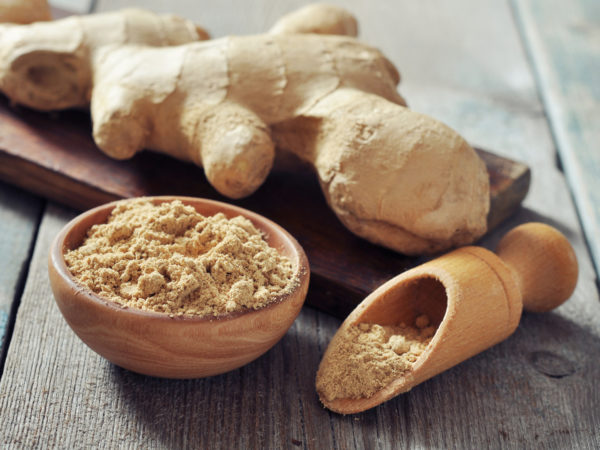Another Autoimmune Mystery?
I have a friend who was diagnosed with Idiopathic Thrombocytopenic Purpura (ITP). Do you have any information on potential causes, but more importantly, alternative treatments for this condition?
Andrew Weil, M.D. | April 10, 2002

ITP is an autoimmune diseases, one of those disorders in which the immune system erroneously attacks the body. In this case, the targets are blood platelets, cells that help stop bleeding. The word “thrombocytopenia” means a decrease in platelets; “purpura” refers to the purple areas on the skin and in the mouth where bleeding has occurred as a result of the platelet shortage; “idiopathic” signifies that the cause is unknown although some cases are triggered by infection, pregnancy or other immune disorders including systemic lupus erythematosus.
The main symptom of ITP, apart from skin bruising, is bleeding, usually from the nose and gums but sometimes in the digestive or urinary tracts. In addition, people with this condition may notice tiny red dots on their skin or mucous membranes, also signs of abnormal bleeding.
As far as treatment is concerned, clearly if ITP is related to infection, the first step is to treat that. More generally, conventional medical treatment depends on how severe symptoms are. In mild cases, which are often self-limited, no treatment may be needed. For more severe cases, hematologists (medical specialists who treat blood disorders) may recommend any one of a long list of drugs or treatments ranging from prednisone, a steroid, to other heavy-duty immunosuppressive drugs. Another common conventional treatment is removal of the spleen which destroys platelets covered with antibodies during the autoimmune process. As a result of the surgery, platelet counts often rise dramatically, but this drastic treatment doesn’t deal with the cause of the problem.
Because autoimmune diseases tend to flare up in response to emotional ups and downs, I would suggest trying some form of mind/body treatment – hypnosis, psychotherapy and guided imagery therapy are all worth exploring, as are Chinese and Ayurvedic medicine. The following measures can be helpful for anyone with an autoimmune disorder:
- Decrease protein intake toward 10 percent of daily calories; replace animal protein as much as possible with plant protein.
- Eliminate milk and milk products, substituting other calcium sources.
- Eat more fruits and vegetables regularly and make sure that they are organically grown; use organic products made from wheat and soy.
- Eliminate polyunsaturated vegetable oils, margarine, vegetable shortening, all partially hydrogenated oils, all foods (such as deep-fried foods) that might contain trans-fatty acids. Use extra-virgin olive oil as your main fat.
- Increase your intake of omega-3 fatty acids.
- Take ginger (start with one capsule twice a day). Turmeric can also be helpful, follow the dosage directions on the package.
Andrew Weil, M.D.









